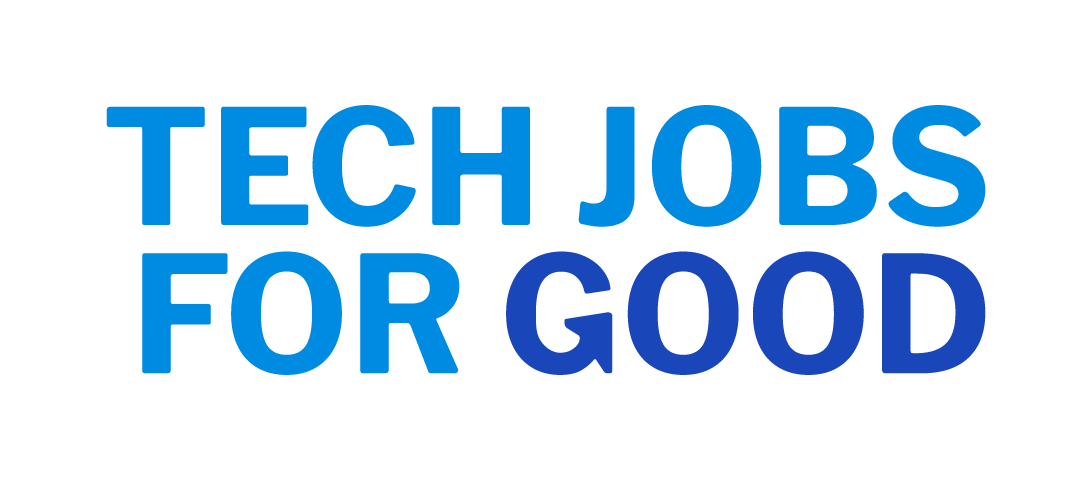Why do we strongly recommend sharing a salary range for your job post?
Salary transparency is an increasingly common topic as many states and municipalities are passing laws requiring employers to share salary ranges on their external job postings.
Including a salary range on your job post helps ensure that you attract a pool of qualified candidates who are interested in and willing to accept the salary that you are offering.
Many applicants will not even consider applying to a job without a salary listed - imagine how frustrating it can be as a job seeker to go through an interview process lasting several weeks or even months only to find out that the pay doesn’t match your expectations. Sharing a salary range upfront can help you avoid losing a candidate during later stages of the hiring process and prevents wasting time and resources for both job seekers and employers.
There are many other benefits to salary transparency. Job seekers report more positive opinions of organizations that share pay ranges or compensation practices openly. On Tech Jobs for Good, we see a 27% higher application rate on job posts with a salary range. Additionally, research shows that pay transparency improves pay equity for women and pay equity for people of color, increases employee performance and engagement, and reduces turnover.
We understand that sharing salary information can be sensitive, but we believe that the benefits of doing so far outweigh any potential risks.
As of January 2023, all jobs posted on Tech Jobs for Good are required to have salary ranges, not just those jobs in cities and states with laws requiring salary ranges.
Do you know if salary transparency is required by law in your city or state?
It is the responsibility of our employers to know the state and local laws that apply to them. While we are not legal experts and this is not an exhaustive list, here are some of the cities and states that have passed pay-transparency laws in the US.
- Washington Equal Pay and Opportunities Act
- Maryland Equal Pay for Equal Work
- Colorado Equal Pay for Equal Work Act
- Nevada SB 293
- Connecticut HB 6380
- Rhode Island Equal Pay Law (scheduled for 2023)
- Toledo, OH Pay Equity Act
- Cincinnati, OH Prohibited Salary Inquiry and Use
- New York City, NY Human Rights Law
There are other states, including Maryland and New York, with pay transparency laws under consideration, and we anticipate more states and cities will be following soon. Even if you are hiring remotely, we recommend that you have a process for sharing salary information with candidates in states with pay transparency laws and consult with legal counsel about your liabilities and risks. You may be responsible for providing pay information based on the location of the applicant, rather than your company.
What should I do if I see a job posting that is breaking the law?
Please report any job postings that you believe are in violation of local or state laws to us immediately so that we can take appropriate action.
We will attempt to contact the job poster about updating their job posting, but if we do not hear back and the problem is not resolved in a timely manner we will remove the job post from our site.
I can’t compete with Bay Area tech salaries! Won’t it hurt my chances of finding a candidate if I share the salary range?
Job seekers understand that nonprofits and social impact organizations cannot usually compete with the tech salaries offered by big tech companies in high cost of living areas and the latest VC funded startup.
Additionally, job seekers are using Tech Jobs for Good because they are interested in more than just maximizing their salary. They are looking for a job that is a good fit for their skills, values, and lifestyle with an organization trying to make the world a better place.
That does not mean job seekers will accept salaries far below the market rate for nonprofit and social impact organizations, or that people will accept salaries that cannot support their cost of living. If you cannot afford to pay a living wage, you should consider alternatives such as removing a location requirement or changing the work requirements to part time.
We also recommend that you share other benefits and perks that your organization offers, such as flexible work hours, remote work options, and professional development opportunities to attract the right candidates.
Even if you aren’t hiring right now, you can highlight your mission and company wide benefits by creating an employer profile on Tech Jobs for Good. Creating a profile is free and helps you start reaching candidates who are informed and excited about job opportunities your organization may offer in the future.
I’m not sure what the market rate is for this position in my area. How do I determine the salary range for my job posting?
Get in touch with us! We're happy to help you determine the market rate for a position based on our data on Tech Jobs for Good. Additionally, we can provide you with guidance on other ways to stand out as an employer to the 100,000 job seekers that use Tech Jobs for Good each year in their search for impactful tech work.

